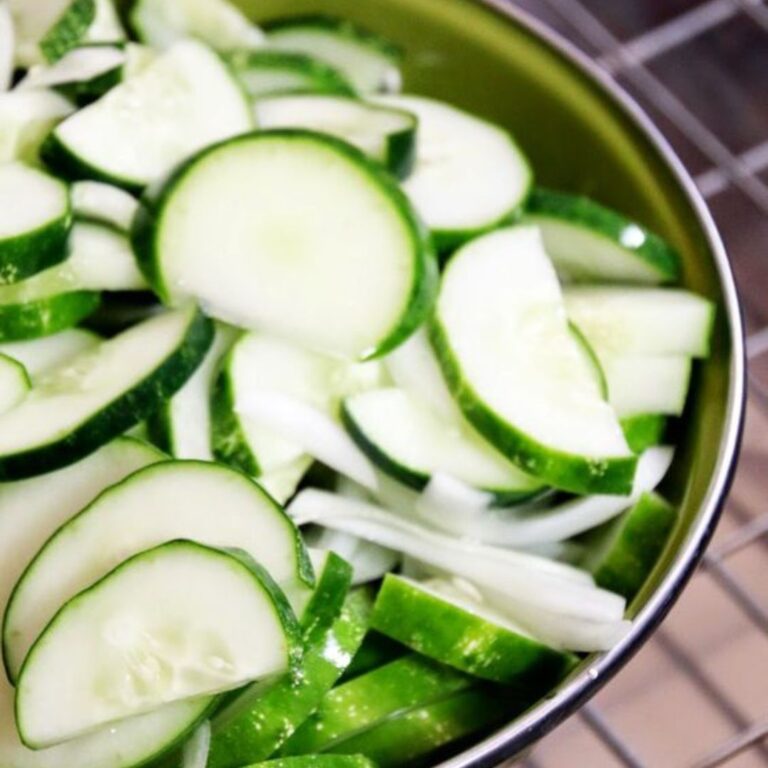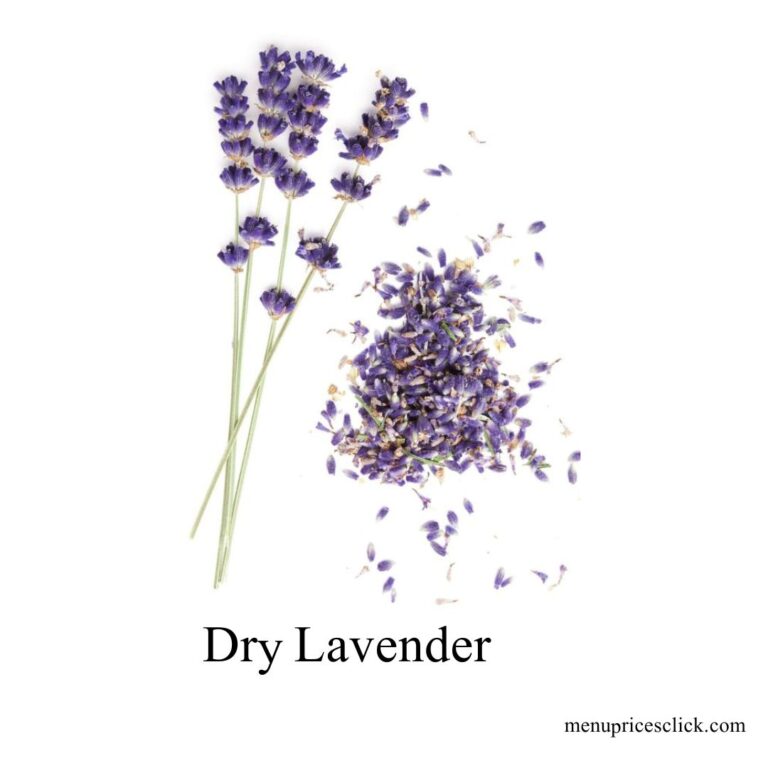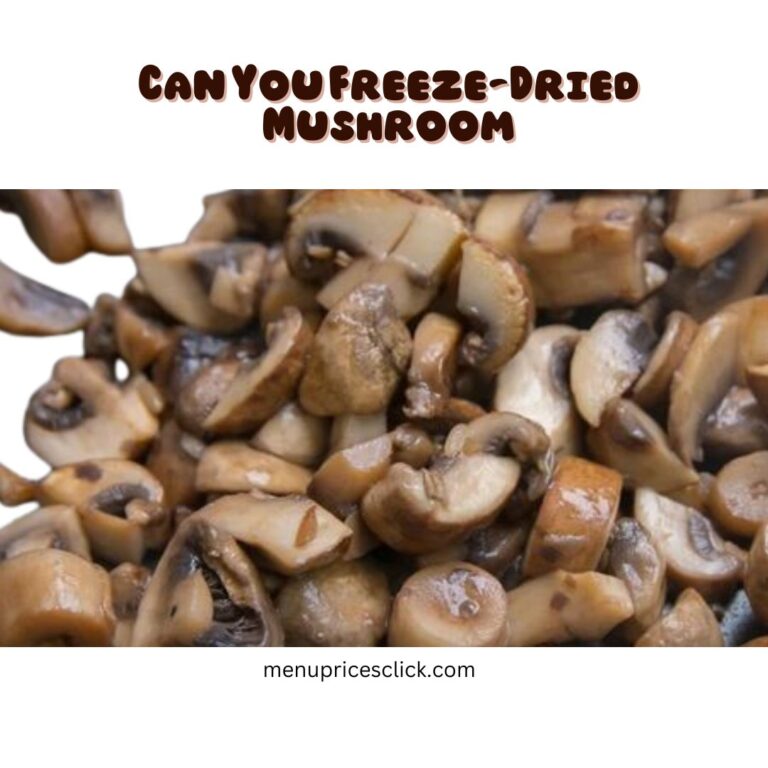How to Freeze Oranges – A Complete Guide
Freezing oranges is a great way to extend their shelf life, preserving their refreshing taste and nutritional benefits. Whether you want to make smoothies, juices, or simply have citrus fruits on hand throughout the year, freezing oranges is an excellent solution.
We’ll explore how to freeze oranges, their nutritional value, and how you can use them in your daily diet.
How to Freeze Oranges A Step-by-Step Guide
Freezing oranges is a relatively simple process, but the way you prepare them can impact both their quality and versatility. Before diving into the steps, let’s discuss the basic methods of freezing oranges and some important tips.
Choosing the Right Oranges for Freezing
Not all oranges are created equal when it comes to freezing. For the best results, choose oranges that are ripe and in peak condition.
They should be firm, juicy, and free of blemishes or soft spots. While you can freeze any type of orange, navel oranges are particularly well-suited for freezing due to their juicy, sweet flesh. Other varieties like blood oranges or valencia oranges can also be frozen, but they may have slightly different textures and flavors once thawed.
Freezing Whole Oranges
Freezing whole oranges is the simplest method, although it may not be the most convenient when you want to use them later. Here’s how to freeze whole oranges:
Wash the Oranges:
Before freezing, rinse the oranges thoroughly with water to remove any dirt or chemicals on the skin.
Pat Dry:
Dry the oranges with a clean towel to prevent excess moisture.
Place in a Freezer Bag:
Put the whole oranges in a freezer-safe bag or container. Remove as much air as possible to prevent freezer burn.
Label and Freeze:
Label the bag with the date and place the oranges in the freezer.
Whole oranges will typically last about 10-12 months in the freezer. However, keep in mind that the texture will change once thawed, making them less ideal for eating as a fresh fruit snack. Instead, they work well in cooked dishes or beverages.
Freezing Orange Slices or Segments
If you plan to use oranges in smoothies, salads, or desserts, freezing slices or segments is a more convenient method. Here’s how you can do it:
- Peel the Oranges: Peel the oranges, removing the outer skin and pith.
- Segment the Oranges: Separate the orange into individual segments, carefully removing any seeds.
- Flash Freezing: Arrange the orange segments in a single layer on a baking sheet lined with parchment paper. Place the sheet in the freezer for 2-3 hours or until the segments are solid. This step is called flash freezing and prevents the segments from sticking together.
- Storage: Once the segments are frozen, transfer them into freezer-safe bags or containers. Again, make sure to remove excess air and label the bags with the date.
Frozen orange segments can last up to 10-12 months in the freezer and can be used in smoothies, fruit salads, or even as a refreshing snack.
Freezing Orange Juice
Another popular way to freeze oranges is by preserving the juice. This method is especially useful if you regularly use fresh orange juice in recipes or beverages. Here’s how to freeze orange juice:
- Juice the Oranges: Squeeze the juice from the oranges, ensuring to remove all seeds.
- Pour into Ice Cube Trays: Pour the freshly squeezed juice into ice cube trays for easy portioning. Alternatively, you can store the juice in freezer-safe containers.
- Freeze and Store: Once the juice is frozen, pop the cubes out of the tray and transfer them into a freezer-safe bag or container. Label the bag with the date, and store it in the freezer.
Frozen orange juice cubes are a great addition to cocktails, smoothies, or even as a refreshing ice cube in water during hot summer months. Frozen juice cubes can be kept for up to 10-12 months in the freezer.
Nutritional Benefits of Freezing Oranges
Oranges are known for their rich vitamin C content, antioxidants, and other essential nutrients. By freezing oranges, you can retain most of these nutrients, which makes them a healthy option for year-round consumption. Let’s take a closer look at the nutritional benefits of oranges and how they remain intact during freezing.
Vitamin C
Oranges are a fantastic source of vitamin C, which plays a crucial role in boosting the immune system, promoting healthy skin, and aiding the absorption of iron. One medium-sized orange contains around 70 mg of vitamin C, providing more than 70% of your daily recommended intake. Freezing oranges does not significantly degrade this important vitamin, so you can enjoy the benefits even months after freezing.
Antioxidants
Oranges are rich in antioxidants like flavonoids, polyphenols, and beta-carotene, all of which help fight oxidative stress and inflammation in the body. These antioxidants are stable during freezing, meaning the health benefits of consuming frozen oranges are almost the same as fresh ones. Whether you use them in smoothies, juices, or as a snack, frozen oranges are a healthy option.
Fiber
Oranges are an excellent source of dietary fiber, which aids in digestion, helps maintain healthy cholesterol levels, and supports heart health. The fiber in oranges is found in the pulp, which remains intact even after freezing. So, whether you consume them whole, as segments, or juice, you still benefit from the fiber content.
Low in Calories
Oranges are naturally low in calories, with one medium-sized orange containing approximately 60 calories. This makes them an ideal choice for those looking to maintain a balanced diet or lose weight. Freezing oranges doesn’t change their calorie content, so they remain a low-calorie snack, perfect for healthy eating.
Creative Ways to Use Frozen Oranges
Frozen oranges are versatile and can be incorporated into a wide variety of recipes. Here are some creative ways to use frozen oranges in your diet:
Smoothies
Frozen orange segments make a fantastic addition to any smoothie. Blend them with other fruits like bananas, strawberries, or blueberries for a refreshing and nutritious drink. You can also add a spoonful of yogurt or some almond milk for extra creaminess.
Frozen Orange Popsicles
Make your own healthy popsicles by blending orange juice with Greek yogurt, coconut water, or even a dash of honey. Pour the mixture into popsicle molds and freeze for a cool treat that’s both delicious and nutritious.
Salads
Add frozen orange segments to salads for a burst of citrus flavor. They pair well with greens like spinach, arugula, or mixed lettuce. You can also toss them in with nuts, seeds, and cheese for a refreshing side dish.
Cocktails and Mocktails
Frozen orange segments are a great way to chill your drinks without watering them down. Use them in cocktails like mimosas, sangria, or a classic vodka spritz. You can also add them to non-alcoholic drinks like iced teas or sparkling water for a citrusy twist.
FAQs About Freezing Oranges
Can You Freeze Oranges Without Peeling Them?
Yes, you can freeze whole oranges without peeling them, but the texture of the fruit will change once thawed. The outer skin will become tougher, and the flesh inside may become mushy. It’s recommended to peel them if you plan to eat them thawed, but they work well for cooking or juicing.
How Long Can Frozen Oranges Last In The Freezer?
Frozen oranges can last up to 10-12 months in the freezer if stored properly in air-tight, freezer-safe bags or containers. However, they are best used within 6-8 months for the best flavor and quality.
Do Frozen Oranges Lose Their Nutrients?
No, freezing oranges does not cause them to lose significant nutrients. While freezing does cause some minor changes in texture, the vitamin C, fiber, and antioxidants remain intact, making frozen oranges a nutritious option.
How Do I Defrost Frozen Oranges?
To defrost frozen oranges, place them in the refrigerator overnight. If you’re in a hurry, you can thaw them by leaving them out at room temperature for a few hours. For smoothies or juices, you can use frozen orange segments directly without thawing them.
Can I Freeze Orange Juice?
Yes, you can freeze fresh orange juice. Pour the juice into ice cube trays or freezer-safe containers, and freeze. Frozen orange juice cubes can be added to beverages or used in recipes that call for orange juice.
Conclusion
Freezing oranges is an easy, convenient way to enjoy this citrus fruit all year long while preserving its nutritional value. Whether you freeze them whole, in slices, or as juice, you’re ensuring that you always have a healthy, vitamin C-packed option at your fingertips.
From smoothies to popsicles and even cocktails, frozen oranges can add a burst of citrus flavor and nutrition to a variety of dishes and drinks. So, the next time you have a surplus of fresh oranges, don’t hesitate to freeze them for future enjoyment!









